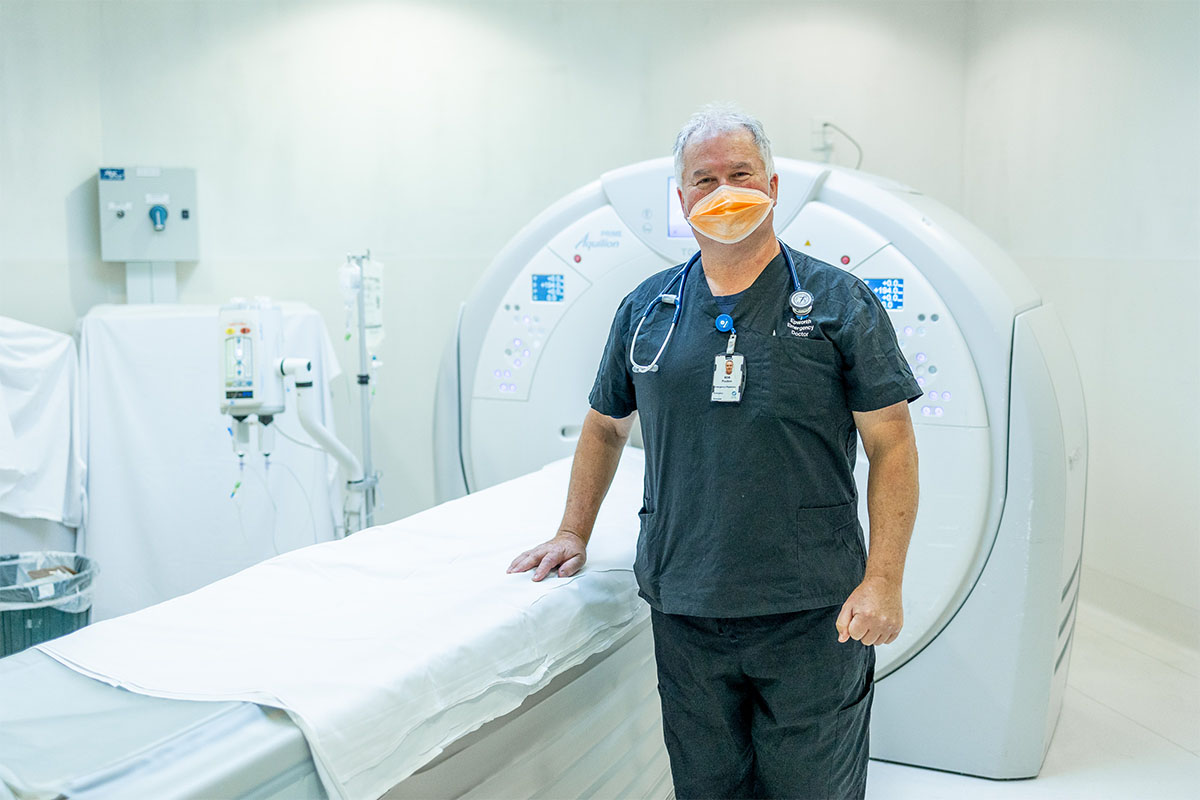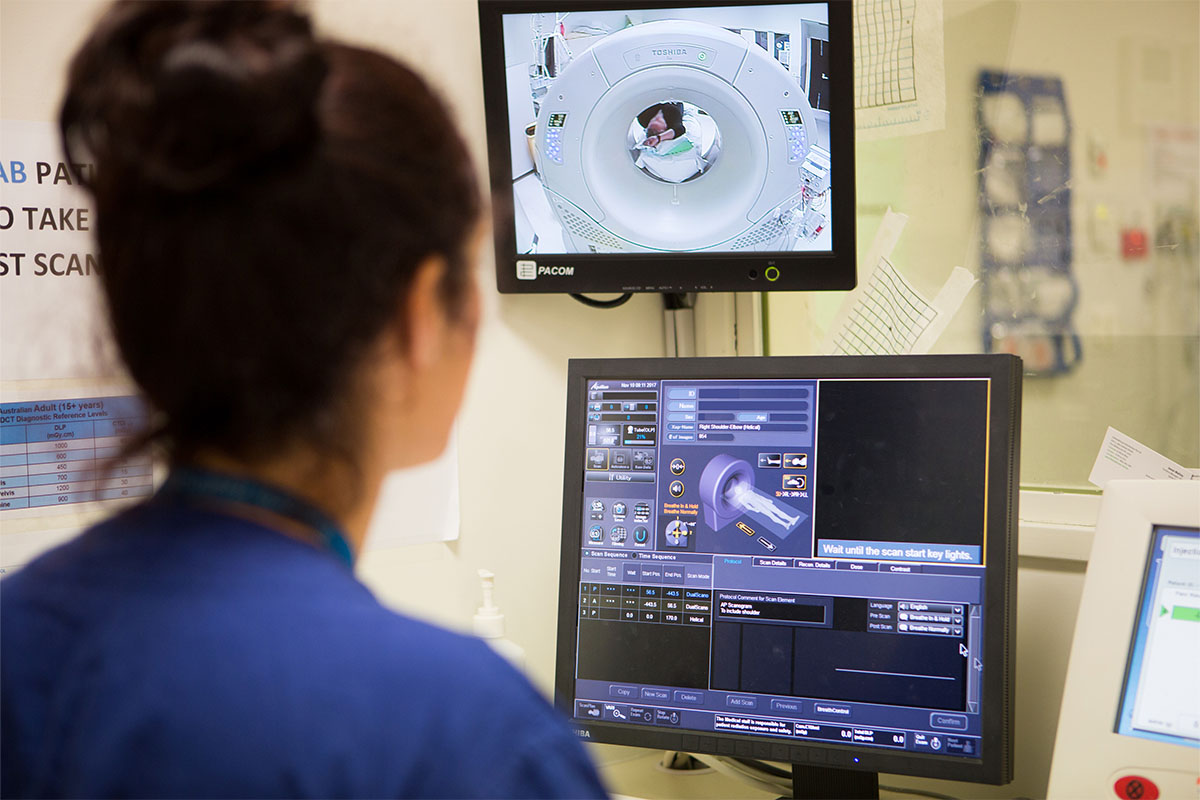On this page:
Grades
The grade given to your cancer describes how aggressive the cancer cells are. Grading happens at the time of diagnosis, using the prostate biopsy sample. You are assigned a grade from 1 to 5, with 5 the most aggressive on the ISUPS Grade Group system. Your Epworth specialist will explain your results in detail.
Stages
The size and spread of prostate cancer is described as a stage. This informs the treatment plan and options available.
The stage is determined by a range of tests, including ones you’ve already had such as the PSA test, digital rectal examination, mpMRI and/or biopsy. Your specialist may order additional tests.
Not everyone requires further tests for staging, particularly in early prostate cancer with no signs of spread.
Prostate cancer can be stage 1 (the lowest spread) to Stage 4 (the highest spread).
- Localised or early prostate cancer (Stage 1 and Stage 2)
- Locally advanced prostate cancer (Stage 3)
- Advanced or metastatic prostate cancer (Stage 4)
Prostate cancer survival rate by stage
The latest data about survival based on stage at diagnosis is from 20111. It shows high survival outcomes for localised and locally advanced prostate cancers (Stage 1 to Stage 3), with at least 98% of people surviving 5 years from diagnosis. For Stage 4 prostate cancer, it showed 36.4% of people survived 5 years from diagnosis.
It’s important to remember that survival rate is based on past statistics and cannot predict your individual situation.
1. Relative survival by stage at diagnosis (prostate cancer), Cancer Australia, https://ncci.canceraustralia.gov.au/outcomes/relative-survival-rate/relative-survival-stage-diagnosis-prostate-cancer
Methods of staging prostate cancer include PSMA PET/CT scan, CT scan and whole-body bone scan.
PSMA PET/CT scan
An advanced scan of the body that shows where prostate cancer is located.
A PSMA PET/CT scan involves an injection of a very small amount of a radioactive tracer (fluid). This radioactive tracer targets a protein called prostate-specific membrane antigen (PSMA) found on prostate cancer cells. This allows the PET/CT scan machine to create an image where any area with potential prostate cancer is lit up.
Cost
If you are eligible, PSMA PET/CT scans for prostate cancer are newly available through Medicare (since 1 July 2022).
Improved detection matters
CT scan
Computer imaging to show the spread of prostate cancer
A computerised tomography (CT) scan takes a series of X-ray images from different angles. It builds these cross sections into a 3D image of the body.
Bone scan
Imaging to show and locate bone damage from prostate cancer
A whole-body bone scan allows us to visualise bones, like an X-ray. It is used for prostate cancer because cancer can spread to bones (metastasise). Any area with damaged bone shows up as a bright spot on the scan.
You may have this scan if you’re experiencing bone pain, or your specialist needs to check whether prostate cancer has spread into bone.


